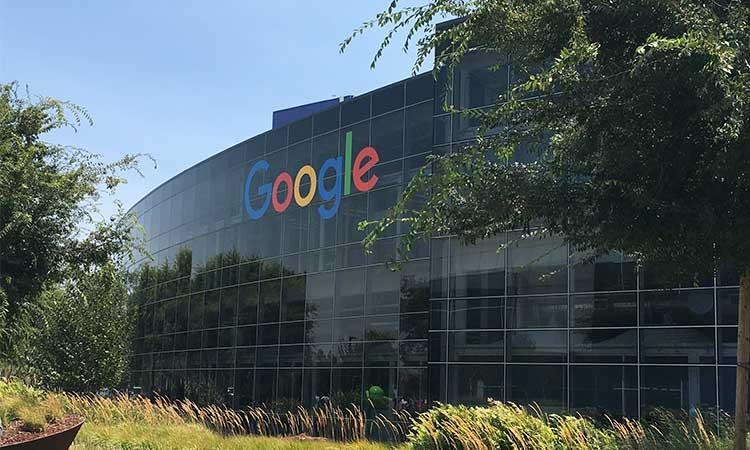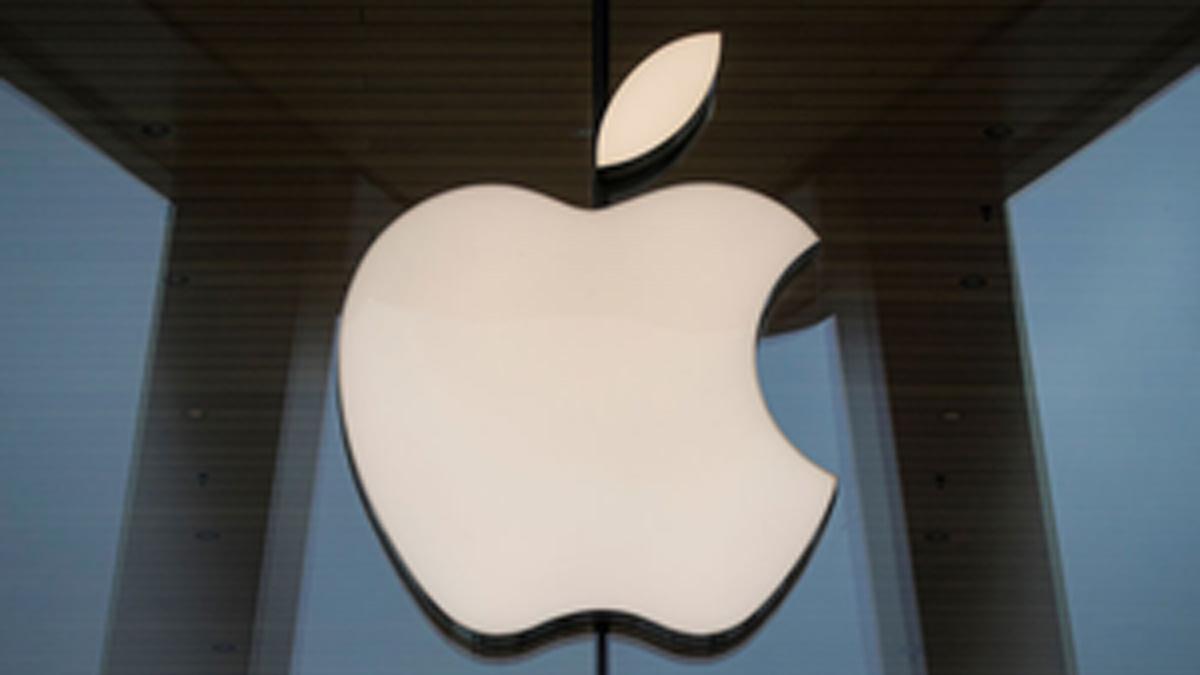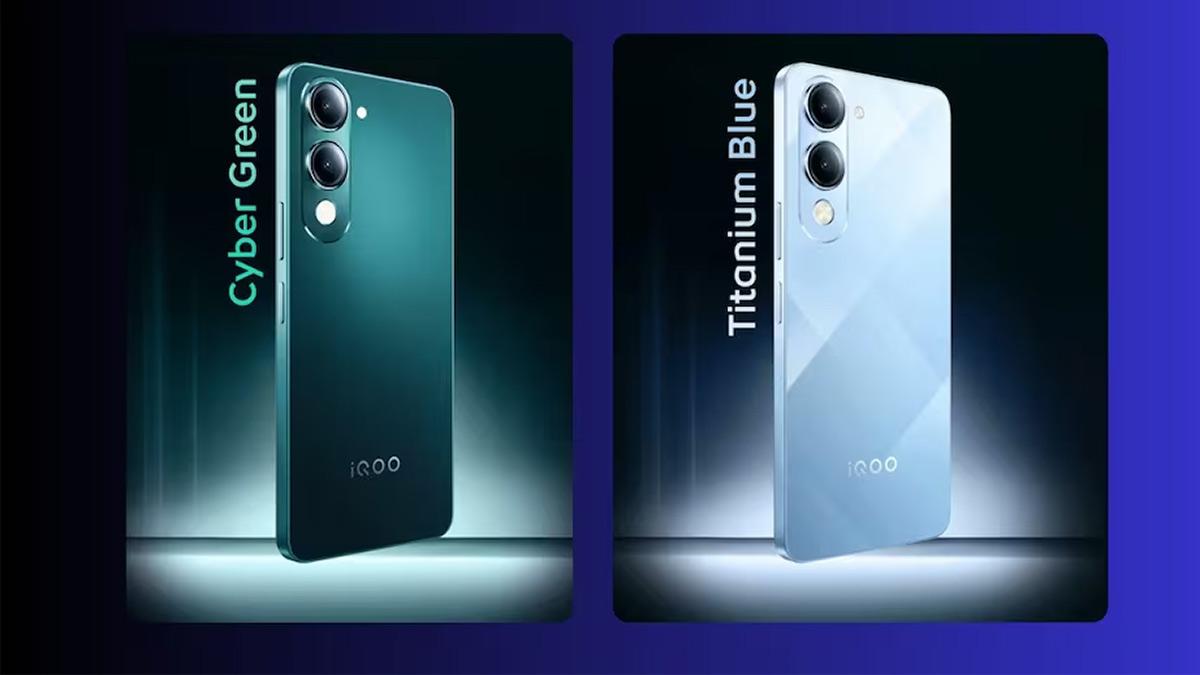In a legal revelation, Google disclosed that it extended a substantial $147 million offer to game developer Epic Games with the aim of securing the launch of the popular game Fortnite on the Google Play store.
The Vice President of Play Partnerships at Google, affirmed during her testimony that the proposed deal was not only formulated but also presented to Epic Games, although it was ultimately not accepted.
The proposed agreement outlined a three-year span of "incremental funding" until 2021, with the $147 million allocated over this period.
Google's rationale behind the offer emphasized the potential financial impact of Fortnite's absence on the Play store.
The tech giant projected a direct revenue loss of up to $250 million, with an additional downstream impact potentially reaching up to $3.6 billion in potential revenue loss if the absence of Fortnite led to contagion affecting other developers.
This legal revelation sheds light on the intricate negotiations and financial considerations surrounding the distribution of popular games on digital platforms.
“We just wanted developers to choose Play,” Kochikar said in the testimony.
The legal showdown between Epic Games and Google kicked off on Monday, centering around Google's defense of its 30 percent cut on transactions conducted through its Play store.
Google's attorney, Glenn Pomerantz, asserted that the 30 percent share should be viewed as a "market fee" rather than a monopoly fee, according to reports from The Verge. This framing positions Google's commission as a standard charge reflective of the competitive market dynamics, challenging the notion that it constitutes monopolistic behavior.
As the trial unfolds, the arguments and counterarguments put forth by both parties will likely shape perceptions of the fairness and legality of Google's fee structure for transactions on its Play store.
"The service fee you see here is exactly the same fee that Epic pays in the Nintendo store, the Xbox store, the Steam store," he said in the court.
"All these stores charge a mega developer like Epic the same 30 per cent fee." Steve Allison, head of the Epic Games Store, disputed that 30 per cent is the standard.
The legal battle between Epic Games and Google escalated following Google's removal of Fortnite from the Play store, prompting Epic to file a lawsuit.
The crux of Epic's argument is centered on the assertion that Google's monopolistic control over its Google Play Store for Android smartphones constitutes a violation of both state and federal antitrust laws.
Epic contends that Google's actions and policies within the Play store create an anticompetitive environment, and the lawsuit serves as a legal challenge to address these concerns.
The outcome of this case has the potential to influence the landscape of app distribution and transactions on the Android platform, shaping the boundaries of market control in the digital ecosystem.
(With Agency Inputs)
ALSO READ | Sundar Pichai defends Google’s biz practices, says our products are good for internet
ALSO READ | Google investigating multiple profile update bug in Android 14


















